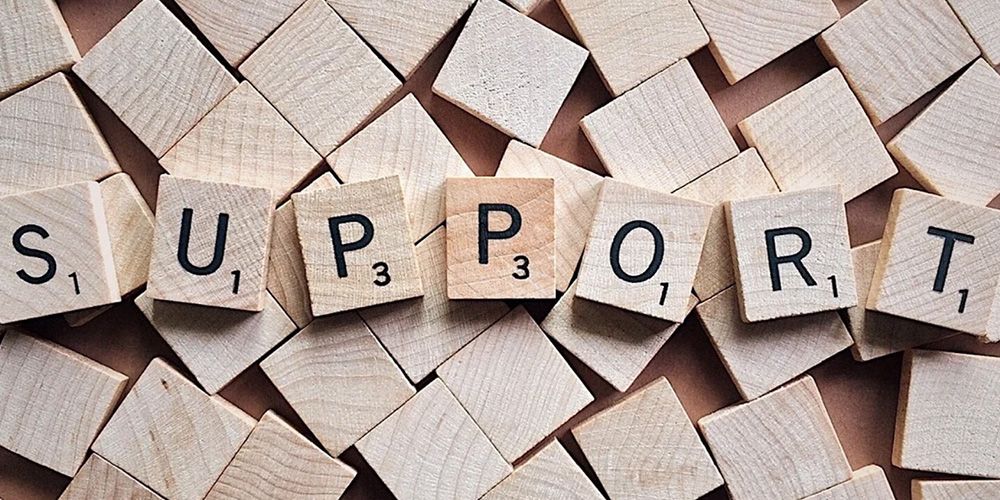The support for businesses and working people continues during this Covid-19 lockdown period, and as a result, there have been some important new announcements about the various forms of financial support available.
We’ve put a short summary together for you.
Self Employed Support Scheme (SEISS)
Those eligible under the Self-Employment Income Support Scheme (SEISS) will be able to claim a second and final grant in August. This grant will cover the three months from June to August and will be calculated on the same basis as the first grant, except that the amount will be calculated as 70% of average monthly trading profits instead of 80%, paid out in a single installment, and capped at £6,570 in total.
You can continue to apply for the first SEISS grant until 13 July, if you have not already done so, but you do not need to have applied for the first grant if you wish to apply for the second grant.
Applications for the second grant will open in August and we expect the claim procedure will be the same as before.
The eligibility criteria are the same for both grants, and individuals will need to confirm that their business has been adversely affected by Covid-19. Further guidance on the second grant will be published on Friday 12 June. In the meantime, for the latest updates about the SEISS, click here.
Coronavirus Job Retention Scheme (Furlough Claim)
The scheme has been extended to the end of October but with a number of changes. From 1 July, employers can bring back to work employees that have previously been furloughed for any amount of time, while still being able to claim CJRS grant for their normal hours which they have not worked. When claiming the CJRS grant for furloughed hours employers will need to report and claim for a minimum period of a week.
Important points to note are:
- The scheme will close to new entrants from 30 June. From this point onwards, employers will only be able to furlough employees that they have furloughed for a full 3 week period prior to 30 June. This means that the final date by which an employer can furlough an employee for the first time will be 10 June, in order for the current 3 week furlough period to be completed by 30 June. Employers will have until 31 July to make any claims in respect of the period to 30 June.
- June and July: The government will pay 80% of furlough wages up to a cap of £2,500 as well as employer National Insurance (ER NICS) and pension contributions. Employers are not required to pay anything.
- August: The government will pay 80% of furlough wages up to a cap of £2,500. Employers will pay ER NICs and pension contributions.
- September: The government will pay 70% of furlough wages up to a cap of £2,187.50. Employers will pay ER NICs and pension contributions and 10% of furlough wages to make up 80% of the total, up to a cap of £2,500.
- October: The government will pay 60% of furlough wages up to a cap of £1,875. Employers will pay ER NICs and pension contributions and 20% of furlough wages to make up 80% total up to a cap of £2,500.
For more information on the Furlough Scheme, click here.
Local Authority Discretionary Grants
Businesses that were not eligible for Government funding through previous COVID related financial support schemes are being invited to apply for business support funding through the discretionary grant fund, from lunchtime today, Monday 1 June until the closing date on 14 June.
The funding is designed to help small businesses which did not meet the criteria for the first round of funding which targeted Small Businesses in the Retail, Hospitality and Leisure sector.
There will be a two-week window in which businesses can apply for the additional funding and as the number of applications is expected to exceed the available funding, businesses are encouraged to fill in the online form before the deadline at midnight, 14 June.
The grants do not need to be paid back and businesses that have already applied for the Coronavirus Job Retention Scheme are eligible to apply as well as people who are eligible for the Self Employed Income Support Scheme (SEISS).
The discretionary business grant scheme was announced by the Chancellor, Rishi Sunak in early May and is designed to support small businesses that were trading on 11 March 2020. Applicants will be asked to demonstrate the adverse financial impact of Coronavirus on their business. Grant amounts will range between £1,000 and £25,000.
The broad categories of businesses which are eligible are:
- Small businesses in shared offices or other flexible workspaces. Examples could include units in industrial parks, science parks and incubators which do not have their own business rates assessment
- Regular market traders with fixed building costs, such as rent, who do not have their own business rates assessment
- Bed & Breakfasts which pay council tax instead of business rates
- Charity properties in receipt of charitable business rates relief which would otherwise have been eligible for Small Business Rates Relief or Rural Rate Relief.
- Businesses operating in the Visitor Economy (i.e. tourism and hospitality) and the supply chain of this industry that did not qualify for the previous funding.
This initiative launches at 1pm today, whereupon the detail will be live. To find out more, when the page becomes live, click here.
As always, for the latest updates on Coronavirus, and the support that’s available, please visit https://www.gov.uk/coronavirus








